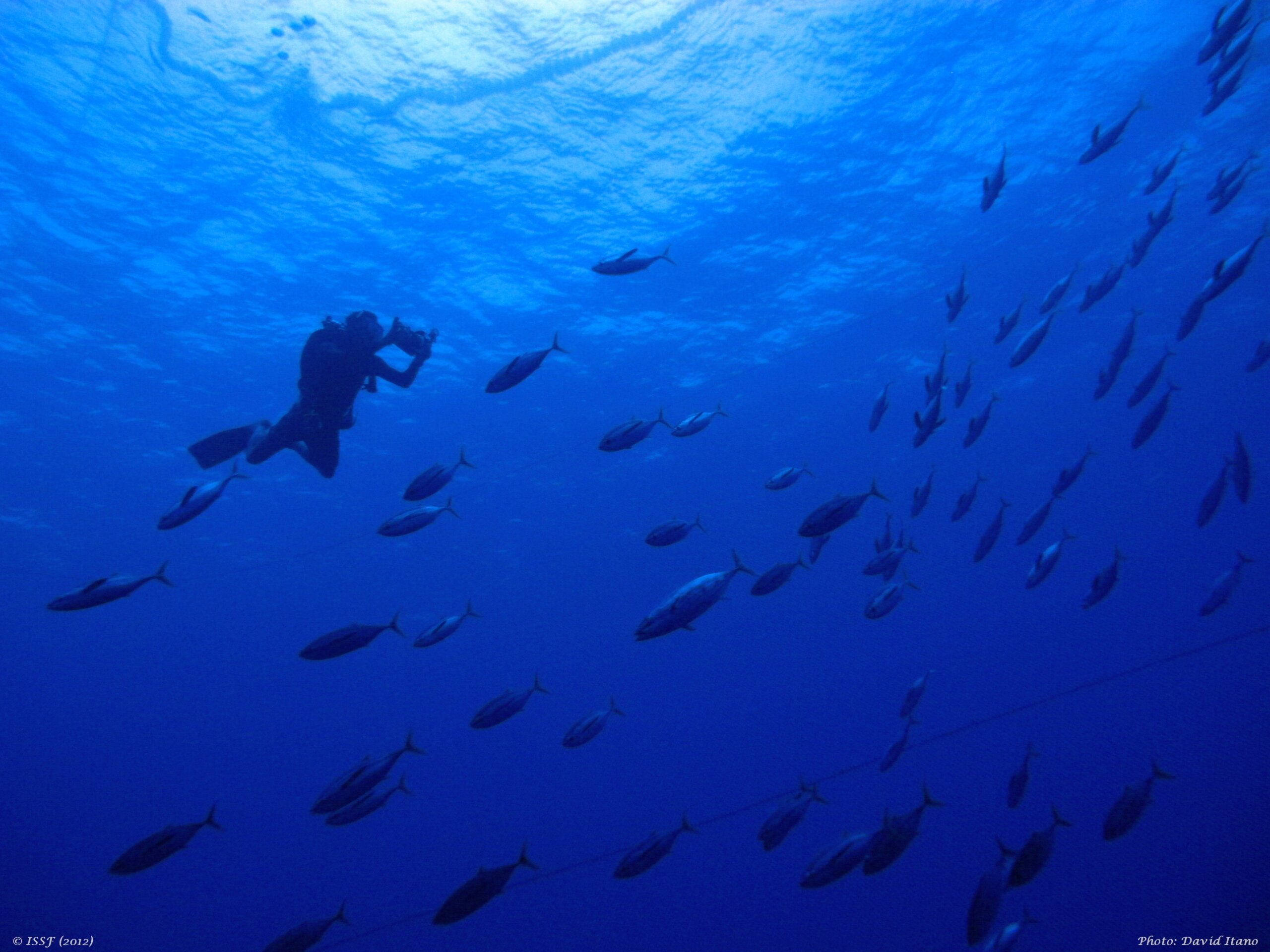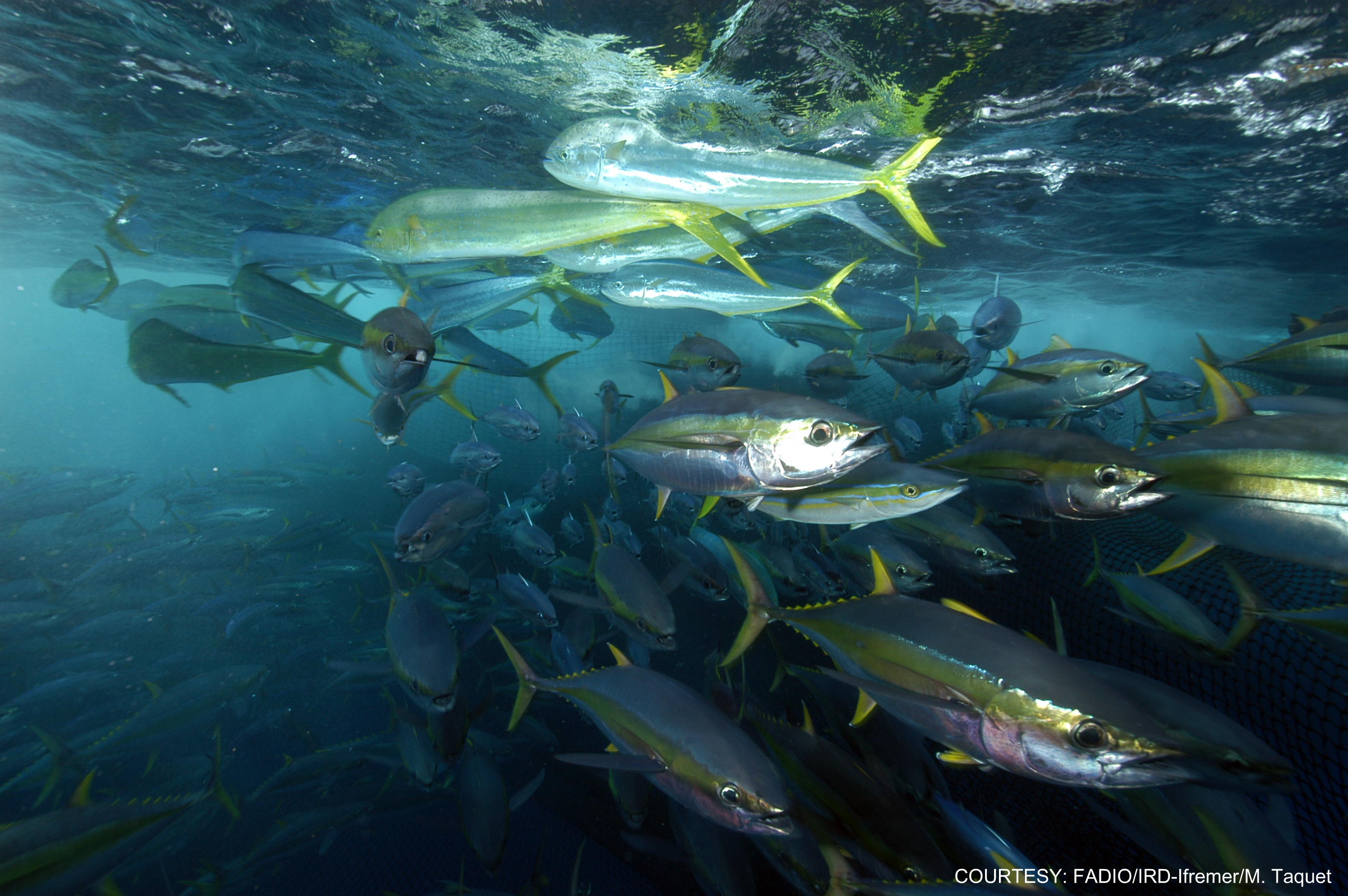Priorities for Indian Ocean Tuna Fisheries | Improved Compliance Processes, Tuna Measures, & FAD Management Top IOTC “Asks”
Featured News
Priorities for Indian Ocean Tuna Fisheries
ISSF has published its position statement ahead of the 2024 Indian Ocean Tuna Commission (IOTC) meeting.
The statement leads with ISSF underscoring the importance of cooperation and consultation among all RFMO members — a tenet that is enshrined in the United Nations Fish Stocks Agreement and is essential to managing highly migratory fish stocks like tunas. ISSF encourages all IOTC Parties to give effect to their duty to cooperate to achieve the objectives of the IOTC Convention and effective management through the adoption of science-based conservation measures that all Parties support and implement fully.
The ISSF statement further outlines issues that ISSF urges action on at the May 2024 IOTC meeting, leading with a request to strengthen compliance processes, tuna stock conservation measures, and fish aggregating device (FAD) management measures.
ICYMI
More Harvest Strategies for More Stocks Can Help Fisheries Managers Mitigate Political Pressure and Climate Change Impacts on Global Tuna Fisheries
With 4.8 million tonnes caught annually, tuna are one of the world’s most popular and nutritious seafood species, fundamental to global food security and serving as an economic engine for many coastal communities. It is essential that the regional fisheries management organizations (RFMOs), charged with overseeing the world’s tuna fisheries, identify and implement tools for the long-term, sustainable management of global tuna resources.
Harvest strategies, also known as management procedures, are one such proven tool available to RFMOs. Yet these management frameworks are in place for only a handful of the 23 commercial tuna stocks. ISSF continues to advocate that tuna RFMOs establish harvest strategies for more tuna stocks — because closing this gap will help fisheries managers mitigate both the political pressures and climate change impacts on global fisheries.
Read More from ISSF’s Hilario Murua
Featured Resource
Assessing Fisheries Managers’ Progress on Science-Based Best Practices
ISSF has updated its Regional Fisheries Management Organizations (RFMO) Best Practices Snapshot series. The Snapshots are a resource for stakeholders looking to understand how tuna fisheries managers are progressing science-based best practices in priority topic areas — from fish aggregating device (FAD) management to RFMO compliance processes. In detailed tables, the snapshots compare tuna RFMO progress in implementing the practices.
ISSF in the News
Walmart, Albertsons Among 1st to Sign Tuna Transparency Pledge
Progressive Grocer
Global tuna stocks show slight sustainability improvement, says ISSF
Undercurrent News
“We are working hard to understand the effects of Fish Aggregating Devices (FADs) on tunas”
Europa Azul



